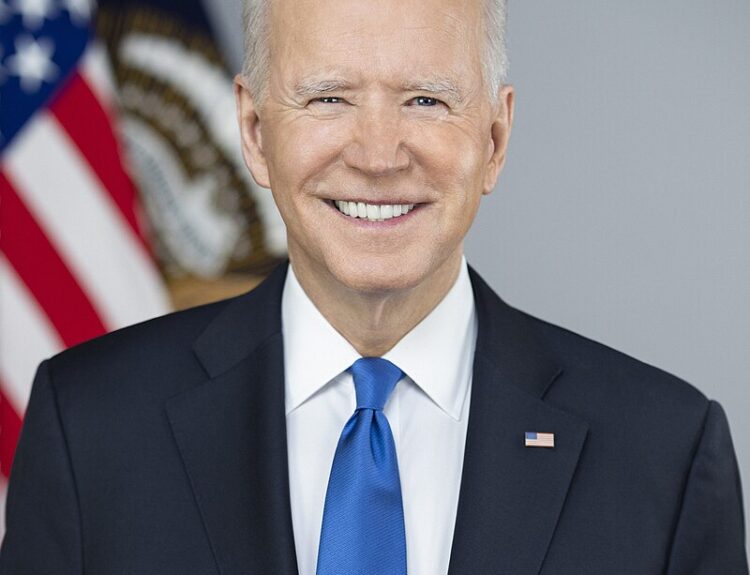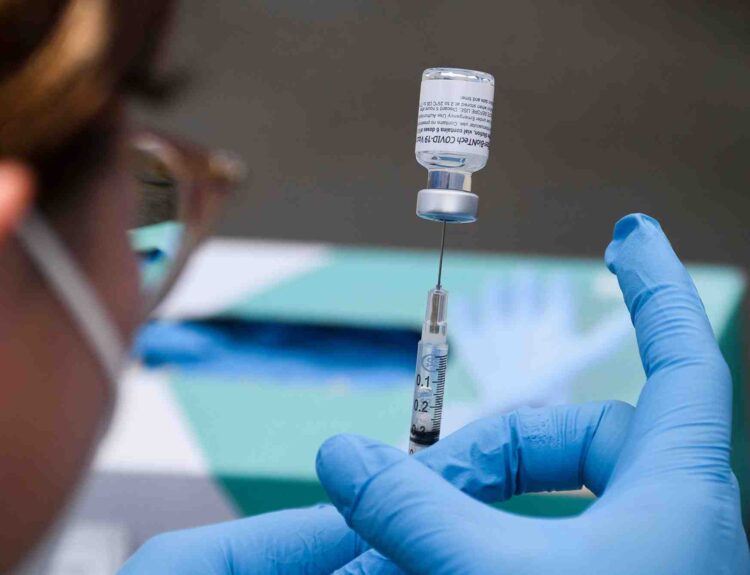As civilians flee Kursk, questions arise about Putin’s grip on power and military strategy.
- Ukrainian forces have advanced into Russia’s Kursk region, causing a mass exodus of civilians.
- The incursion is the first major foreign military invasion of Russian territory since World War II.
- Russian officials downplay the situation, referring to Ukrainian troops as ‘saboteurs’ and claiming minimal involvement.
- Public outrage over military losses is limited, with some analysts questioning Putin’s red lines.
- The Ukrainian offensive raises concerns about the effectiveness of Russian military leadership and strategy.
In a significant escalation of the ongoing conflict, Ukrainian forces have made a bold advance into Russia’s Kursk region, leading to the flight of at least 76,000 Russian civilians. This marks the first major foreign military incursion into Russian territory since World War II, catching Moscow off guard. Ukrainian troops have pushed at least 20 miles into Russian territory, raising their flag in the town of Sudzha. Videos circulating online depict heavy losses among Russian reinforcements and the capture of over a hundred Russian soldiers by Ukrainian forces. Additionally, reports indicate that at least three Russian combat helicopters have been downed.nnDespite the gravity of the situation, Russian state media and officials have attempted to downplay the events, labeling Ukrainian forces as ‘saboteurs’ and claiming that only a small number of troops are involved. President Putin has dismissed the incursion as ‘yet another large-scale provocation.’ However, this narrative is met with skepticism, especially among Russian nationalists who ridicule the defense establishment’s claims of minimal casualties.nnThe Russian government has categorized the military response in Kursk, Bryansk, and Belgorod as a ‘counterterrorist operation,’ placing it under the command of the Federal Security Service rather than the military. Analysts suggest that the lack of a rallying effect for Putin’s regime, especially in light of recent military setbacks, could lead to growing public discontent.nnWhile the Russian military has managed to slow down Ukrainian advances, they have yet to reclaim lost territory. The situation has drawn comparisons to a previous failed Russian offensive in Ukraine’s Kharkiv region, which prompted the U.S. and allies to reconsider restrictions on military support for Ukraine.nnPutin’s muted response to the incursion raises questions about his true red lines and whether Western hesitance to arm Ukraine was a strategic error. For now, there is little evidence of widespread public outrage against Putin, although some hypernationalist commentators are calling for accountability within the military leadership.nnAs the conflict continues, the humanitarian impact is evident, with thousands of civilians fleeing their homes and seeking refuge. The Russian Ministry of Emergency Situations has reported a significant number of registered refugees, and local communities are mobilizing to provide aid. The situation in Kursk serves as a stark reminder of the ongoing volatility in the region and the potential for significant shifts in the balance of power.·
Factuality Level: 6
Factuality Justification: The article provides a detailed account of the recent events in the Kursk region, including statistics and quotes from various sources. However, it contains some elements of bias and opinion, particularly in the interpretation of the events and the implications for Russian leadership. Additionally, while it presents a lot of information, some parts may be seen as tangential or overly dramatic, which affects the overall objectivity.·
Noise Level: 8
Noise Justification: The article provides a detailed account of the recent Ukrainian incursion into Russian territory, including the implications for Russian society and military response. It holds powerful figures accountable, discusses the consequences of military decisions, and includes various perspectives from analysts and officials. The article is well-supported by evidence and examples, maintaining focus on the topic without unnecessary filler. However, it could benefit from a more in-depth analysis of long-term trends and potential solutions.·
Key People: Vladimir Putin (President of Russia), Gen. Valery Gerasimov (Chief of Russia’s General Staff), Abbas Gallyamov (Political Analyst), Yevgeny Prigozhin (Leader of Wagner Group), Andrey Gurulev (Russian Lawmaker), John Foreman (Former U.K. Defense Attaché in Russia), Gen. Sergei Surovikin (Former Ukraine War Commander), Maj. Gen. Ivan Popov (Commander of the 58th Combined Arms Army), Ilya Ponomarev (Former Russian Parliament Member), Apti Alaudinov (Commander of the Chechen-run Akhmat Unit), Vyacheslav Gladkov (Governor of Belgorod Region), Alexandra Prokopenko (Fellow at the Carnegie Russia Eurasia Center)
Financial Relevance: No
Financial Markets Impacted: The article discusses military actions and civilian impacts in the Kursk region of Russia, but does not directly mention any financial markets or companies affected.
Financial Rating Justification: The content primarily focuses on military events and their implications for Russian society and governance, rather than financial topics or market impacts.·
Presence Of Extreme Event: Yes
Nature Of Extreme Event: Armed Conflicts and Wars
Impact Rating Of The Extreme Event: Major
Extreme Rating Justification: The article describes significant military actions involving the Ukrainian forces invading Russian territory, resulting in at least 76,000 civilians fleeing their homes, destruction of infrastructure, and casualties among military personnel. The scale of displacement and the ongoing conflict indicate a major impact on the affected regions.·
Move Size: No market move size mentioned.
Sector: All
Direction: Down
Magnitude: Large
Affected Instruments: Stocks
 www.wsj.com
www.wsj.com 




